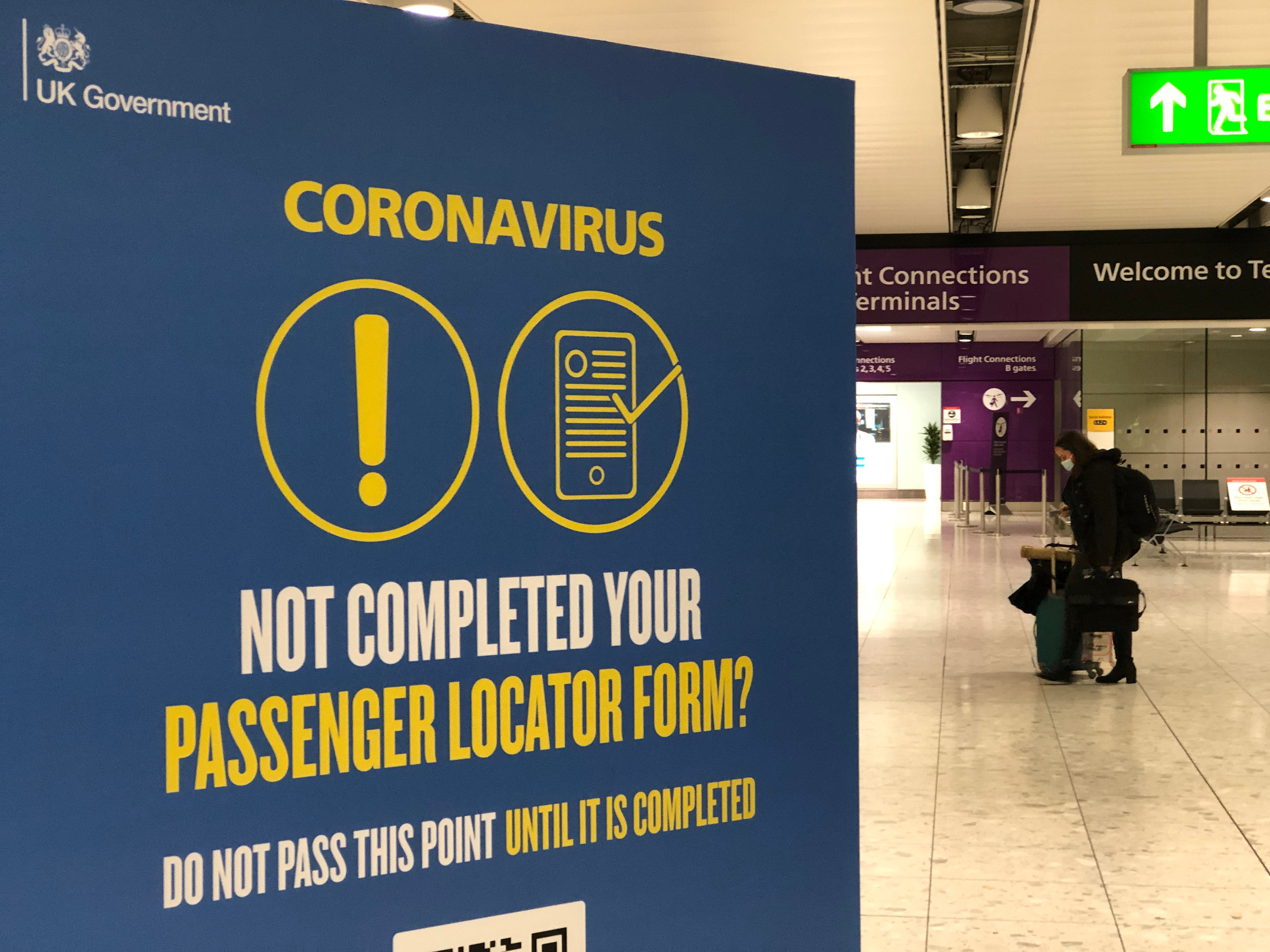easyJet will fight to fly from Heathrow
Exclusive: ‘We could lower prices and bolster competition at the airport,’ says the budget airline

Your support helps us to tell the story
From reproductive rights to climate change to Big Tech, The Independent is on the ground when the story is developing. Whether it's investigating the financials of Elon Musk's pro-Trump PAC or producing our latest documentary, 'The A Word', which shines a light on the American women fighting for reproductive rights, we know how important it is to parse out the facts from the messaging.
At such a critical moment in US history, we need reporters on the ground. Your donation allows us to keep sending journalists to speak to both sides of the story.
The Independent is trusted by Americans across the entire political spectrum. And unlike many other quality news outlets, we choose not to lock Americans out of our reporting and analysis with paywalls. We believe quality journalism should be available to everyone, paid for by those who can afford it.
Your support makes all the difference.Britain's biggest budget airline hopes to fly from Heathrow airport – even though its application for 14 daily take-off and landing slots has just been rejected.
At present, easyJet’s main London base is Gatwick airport. It also has a big operation at Luton airport, location of its headquarters.
In the past, easyJet has said it plans a big presence at Heathrow when a third runway is built. But with any expansion delayed beyond the 2020s, the carrier is now actively seeking slots during “the current industry landscape”.
Heathrow has no control over which airlines fly from the airport. Slots are dispensed by Airport Coordination Ltd (ACL), an independent body that follows complex rules on allocation of these precious assets.
In the latest round of slot requests for the summer season in 2021, easyJet asked ACL for 98 weekly slots, allowing 14 daily take-offs and landings.
Only Loganair, the Scottish airline, asked for more: 138. The chief executive, Jonathan Hinkles, said: "Loganair has always applied at Heathrow for slots to cover regional services, reflecting its intent to increase UK regional connectivity.
“We have flown – earlier this year, through lockdown – from Isle of Man to Heathrow and there are active discussions about restoring this, and other routes, into Heathrow.”
But his carrier was also rejected. Of the thousands of slots that dozens of airlines bid for, only four were granted: to the Chinese carrier, Shenzhen Airlines.
After the decision, an easyJet spokesperson told The Independent: “As Heathrow is one of the very few top 50 airports in Europe where we don’t currently operate, we remain interested in potentially starting operations there as we believe we could lower prices and bolster competition at the airport.
“Given the current industry landscape, we wanted to explore if this would provide opportunity for available slots at Heathrow. While this hasn’t been possible this time, we will continue to look for opportunities across Europe’s slot constrained airports as they arise.”
Like most other low-cost carriers, easyJet has never flown from Heathrow. The airport is normally Europe’s busiest, and with only two runways, congestion is a constant issue.
Budget airlines rely on fast turnarounds, with as little as 25 minutes between arrival and departure, which is difficult to achieve at Heathrow.
Five years ago, easyJet urged the Davies Commission on airport expansion to recommend a third runway at Heathrow – which it duly did.
The airline’s plan was to set up a large-scale operation at Heathrow Terminal 4 – with 30 aircraft based there operating as many as 200 flights a day, including to Aberdeen, Edinburgh, Glasgow, Inverness and Newcastle. The carrier said it could cut average fares by 30 per cent, and planned to be “operating from an expanded Heathrow from 2026”.
In 2018, easyJet invited UK airports to bid for places on its proposed route network from Heathrow. At the time, easyJet and Heathrow Airport agreed an “Indicative Operating Framework” specifying 25-minute turnarounds.
The airline said that between 2000 to 2017, Heathrow’s passenger numbers grew by 21 per cent but there was a 13 per cent decline in European seats and a 40 per cent fall in domestic seats. “Routes today remain dominated by expensive, inefficient flag carriers,” easyJet said.
It specifically named Belfast International, Cardiff, City of Derry, Doncaster-Sheffield, Exeter, Humberside, Isle of Man, Jersey, Liverpool, Newquay, Prestwick and Teesside.
The airline’s chief executive, Johan Lundgren, said: "easyJet's costs are significantly lower than legacy airlines so easyJet's fares on these services would be lower than those paid by passengers today.”
Neither easyJet’s bigger rival, Ryanair, nor its UK competitor, Jet2, applied for slots.
Join our commenting forum
Join thought-provoking conversations, follow other Independent readers and see their replies
Comments